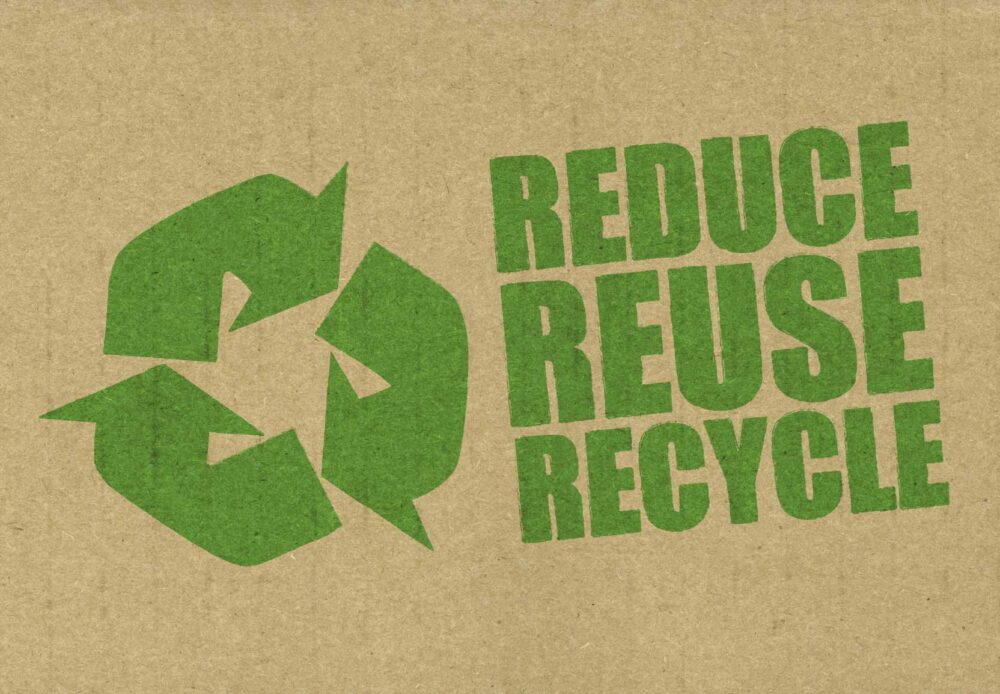Waste management can be a complicated subject, with numerous environmental, social, and political considerations. However, at its core, waste management simply refers to the process of collecting, transporting, processing, and disposing of waste materials.

Most people generate some type of waste daily, so waste management is an important part of everyday life. There are many ways to reduce the amount of waste you generate, and some of the best methods are surprisingly simple. Here are some tips to help you get started.
Evaluating Your Waste.
The first step to reducing waste is evaluating what types of waste you generate. This can be done by keeping track of the waste you generate over a period of time, such as a week. Once you have a good idea of what types of waste you generate, you can begin to look for ways to reduce or eliminate that waste.
Recycling.
One of the most effective ways to reduce waste is to recycle as much as possible. Many common materials, such as paper, plastic, and metal, can be recycled and used to make new products.
To recycle, simply separate your recyclables from your other waste and place them in a designated recycling bin; you can even have smaller bins available, like this 4-gallon trash can. Most municipalities have some type of recycling program, so be sure to find out what materials are accepted and where to take them.
Composting.
Another way to reduce waste is to compost your food scraps and other organic materials. Composting is a process in which organic materials are broken down by bacteria and other organisms into a nutrient-rich soil amendment.
Composting is easy to do at home and can be a great way to reduce your waste while also improving your garden.
Reducing Your Consumption.
One of the best ways to reduce waste is to simply consume less. This can be done by buying fewer new products, repairing broken items instead of replacing them, and avoiding single-use items.
In addition to reducing the amount of waste you generate, reducing your consumption can also save you money.
Properly Disposing of Hazardous Waste.
Some types of waste, such as batteries, cleaning products, and paint, can be hazardous to your health and the environment if not disposed of properly.
To ensure these materials are disposed of safely, be sure to find out what the proper disposal methods are in your area. Many municipalities have special programs for disposing of hazardous waste.
Reusing Products if You Can.
Another way to reduce waste is to reuse products whenever possible. For example, instead of throwing away an old piece of clothing, you could donate it to a thrift store or use it to create a new piece of clothing or another item.
There are many other ways to reuse common household items. Be creative and see what you can come up with.
Educating Others.
One of the best ways to reduce waste is to educate others about the importance of reducing, recycling, and composting.
You can do this by sharing this guide with others or by teaching them about the benefits of reducing, recycling, and composting.
To Conclude.
Following these tips can help you reduce the amount of waste you generate and make a positive impact on the environment.
Every little bit helps, so even if you only reduce your own waste, you’ll be making a positive impact.